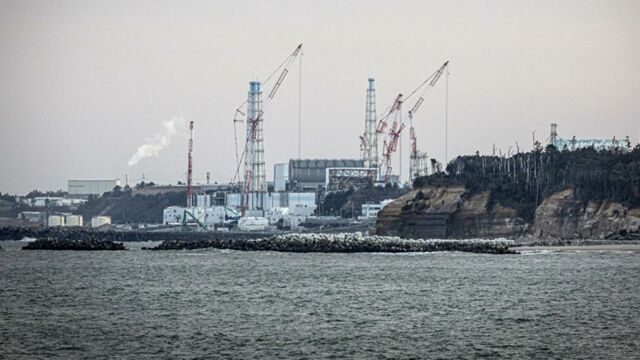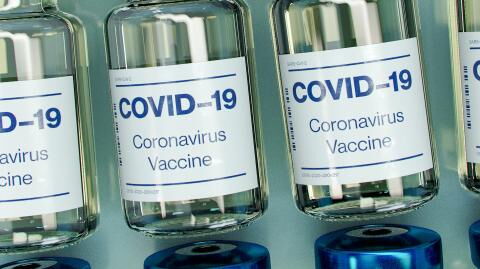Last month marked the tenth year since a powerful earthquake triggered a tsunami that hit the island of Japan on 11 March 2011, killing more than 15,000 people, devastating parts of the country, and causing a nuclear meltdown at the Fukushima Daiichi. This disaster was classified as level 7, the highest on the international nuclear event scale (INES). The main cooling system of the nuclear power plant failed, causing the cores of three reactors to melt. The plant, which is still out of service, should be dismantled in over forty years and in the meantime the reactors are cooled with about 200 cubic metres of water every day.
Discover our latest podcast
Water thrown back into the sea remains 'contaminated'
Between that, rainfall, and the groundwater, more than a million tonnes of water have been stored but contaminated with 16g of tritium. What to do with all this water? Knowing that the maximum storage capacity could be reached in 18 months, the Japanese government has been looking for a solution for years. And on Tuesday 13 April 2021, it was decided that the water could be discharged into the sea.
Prime Minister Yoshihide Suga said on Tuesday that the water will be discharged 'after we have ensured that it is at a level of radioactive substances well below the safety standards.' Unfortunately, while the water will be filtered several times to make it as 'clean' as possible, the tritium cannot be removed from the water with the methods currently used.
A minute risk that still worries fishermen
The thing is, tritium is only dangerous to humans in very high doses and even decays on its own in 50% of cases after ten years or so, but the fact that it is dumped in the sea is still seen as a minimal risk, enough to see get opposition riled up. Starting with the local fishermen. In comments relayed by AFP, Kanji Tachiya, head of a local fishing cooperative in Fukushima, expressed his anger.
He told us that he would not release the water without the fishermen's support (...) Now they go back on that and tell us that they are going to release the water, it is incomprehensible (...) Our trading partners tell us that they will stop selling our products. Our efforts to restore the fishing industry over the last decade would be wiped out.
Japan's neighbours are opposed to this move
Before we go into the opposition, it is important to recall that this practice is rather 'common' in the nuclear business. Many experts, including those from the International Atomic Energy Agency (IAEA), have supported this decision. But this does not seem to satisfy Japan's neighbours, with whom relations have been very tense for some time.
China, for example, said it was an 'extremely irresponsible' choice that 'will seriously harm public health and safety worldwide.' South Korea also shared its 'deep regret' after the announcement of the release of contaminated water into the sea. The operation, when it takes place, will undoubtedly be followed very closely by these countries and the world.















